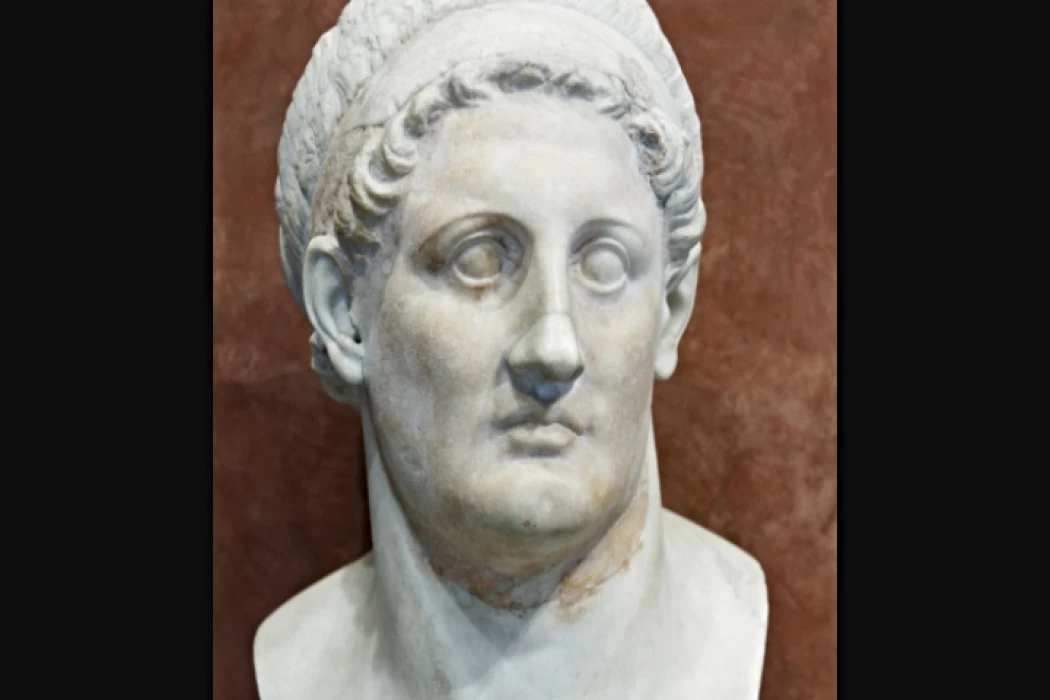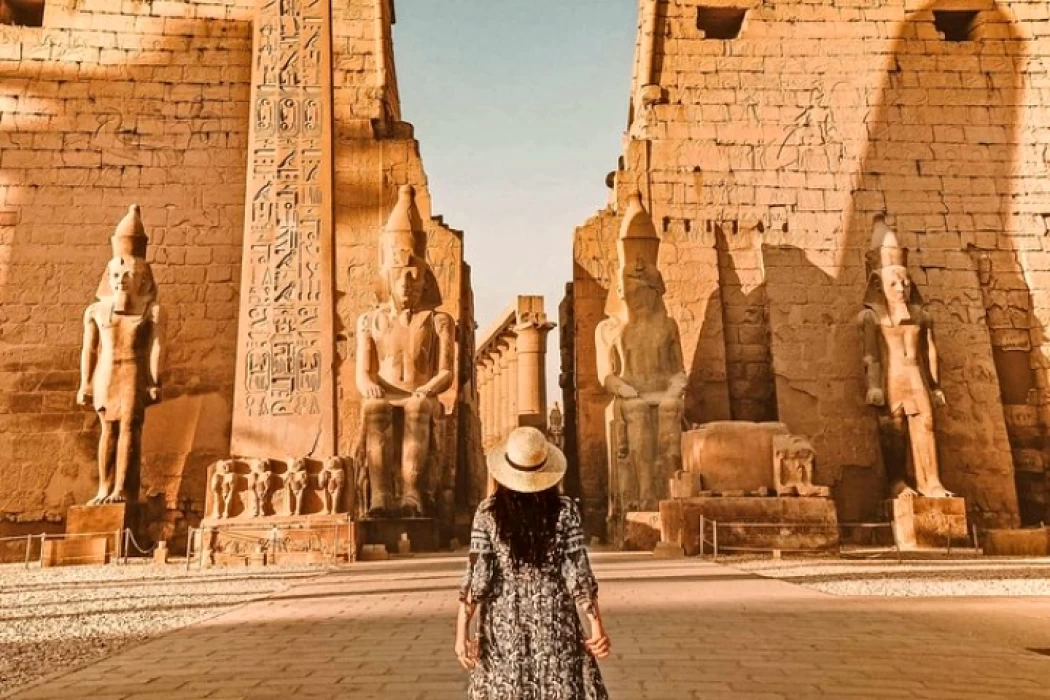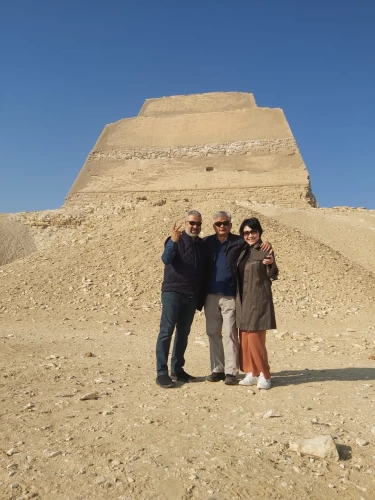
The Reign of King Ptolemy I
The Reign of King Ptolemy I
The works that Ptolemy I created and the plans he made from the time he set foot in Egypt as ruler show that he was as skilled a politician as he was a warrior and leader. In the policy of governing the country abroad and at home, he followed plans and methods that led him to win in both fields to a great degree, as we have seen that he did not use violence and severity from the Egyptian people in glory to carry out his internal reforms. We don't see that he tried to force the parents to adopt Greek beliefs, customs, and morals.
He approached the Egyptians from a religious point of view. In fact, after his conquests expanded, Alexander believed that he should not stand against any people from a religious point of view because he hoped that eventually, if he lived long enough, he would unite the peoples of the world and establish himself as the son of Amun, who would control them by himself.
When Ptolemy I took over the rule of Egypt, he was quick to follow the policy of pleasing the priests when he took over the Shattarbia of Egypt. He made an advance of fifty talents to help with the burial costs of the calf of Apis, which he refused to take back, and this act on his part was the beginning of good relations between him and the Egyptian priests.
Between 327 and 325 BC, Alexander appointed him commander of the Macedonian fleet at Hedaps, now Jhelum, India, as a result of his successful advance through the Persian highlands on his way from Bactria to the Indus River. Ptolemy was able to control Palestine in southern Syria and wrest it from the hands of Seleucus I Nicator, and he also controlled the city of Keren in eastern Libya (Barqa) currently, in addition to the island of Cyprus.
Alexander's remains were buried in Memphis after being scheduled to be buried in the Aegean in Macedonia due to the campaign by Perdiccas against Egypt.
Latest Articles
Admin
Aswan Governerate in Egypt
Aswan was known as ‘Sonu’ in ancient Egyptian times, meaning market, as it was a trading centre for caravans coming to and from Nubia. In the Ptolemaic era, it was called ‘Sin’ and the Nubians called it ‘Yaba Swan’. It was also known as the Land of Gold because it served as a great treasure or tomb for the kings of Nubia who lived there for thousands of years. Before the migration, Aswan's borders extended from Asna in the east to the border of Sudan in the south, and its inhabitants were Nubians, but after the Islamic conquest of Nubia, some Arab tribes settled there.
Admin
About Luxor Governorate in Egypt
The South Upper Egyptian area is home to the Egyptian governorate of Luxor. Its capital is Luxor, which was formerly Thebes, the capital of Egypt throughout multiple pharaonic eras. Its centers and cities are spread over both sides of the Nile River. The said governorate was established by Presidential Decree No. 378 of 2009, which was promulgated on the 9th of December of that year.
Admin
History of kafr El Sheikh Governorate
Kafr El Sheikh Governorate, located in the far north of Egypt in the Nile Delta, overlooking the Mediterranean Sea, is characterised by the diversity of natural life and environments, and is one of the Egyptian cities that can be visited after the end of the first semester exams at universities and schools, as it features many diverse tourist and recreational places at symbolic prices within everyone's reach.
Admin
Egypt's New Administrative Capital
The New Administrative Capital is considered the project of the era because it reflects a perfect image of the future and progress on the economic, cultural, social and civilisational level, as the capital is considered the new capital of Egypt at the present time. The importance of the New Capital is that it is a comprehensive transformation of the future of buildings, services and national and mega projects in Egypt.
Admin
Al Gharbia Governorate
The Governorate of Gharbia is inclusive in the geographical area of The Arab Republic of Egypt which is in the African continent, more specifically in the region surrounding the Nile delta, between Damietta and Rashid governance. To the control of the region from the north is Kafr El-Sheikh Governorate, from the south Menoufia Governorate, from the east – Dakahlia, Qalyubia Governorates, and to the west is the Beheira Governorate.
Admin
Hamata Islands (Qulaan Archipelago) in Marsa Alam
Each reserve has several sectors. In Wadi El Gemal Reserve, there is one of the natural areas called the Hamata area or Hamata sector in Wadi El Gemal Reserve. Its sectors are the perfect and most ecological, land and water, and host countless animals and plants found in the oceans and on the land.















